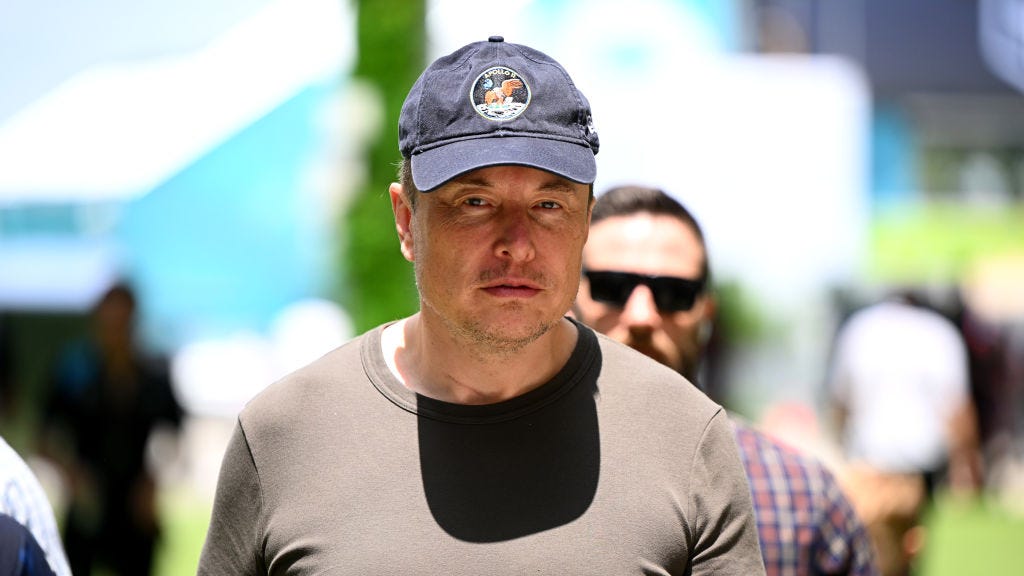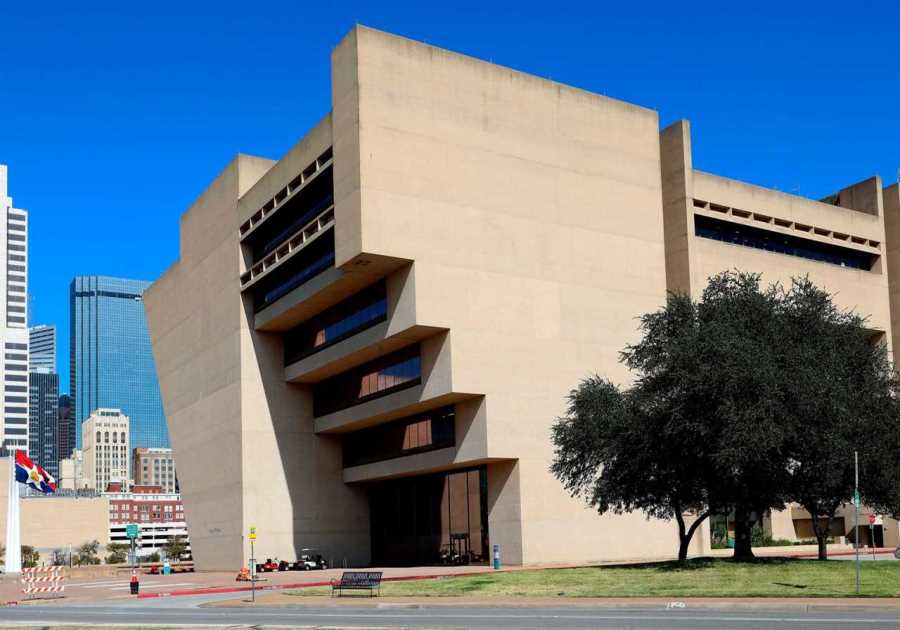
Clive Mason - Formula 1/Formula 1 via Getty Image
- Elon Musk has been a workaholic since at least 1995.
- A new biography on the billionaire detail his habits of frequently sleeping in the office.
- Musk's obsession with work has set a precedent for CEOs who are aggressively enforcing RTO policies.
When Elon Musk launched his first business in 1995 alongside his younger brother, Kimbal Musk, overnight stays at the office, showers at the YMCA, and an abhorrent attitude towards work-life balance became commonplace for the world's richest man.
This singular bent towards a sleep-deprived, nonstop work culture, detailed in a new biography on Elon Musk by Walter Isaacson, took shape when the entrepreneur started to run Zip2, a Palo Alto-based company that licensed city guide software to newspapers.
Though founders often go above and beyond to upend the industries they're seeking to disrupt, Elon Musk's ascent in the almost three decades since starting Zip2 has unwittingly set the stage for a new crop of work-obsessed CEOs pushing aggressive return-to-office (RTO) mandates.
Elon Musk's 'hardcore' approach has become a manifesto for work-obsessed CEOs
According to Isaacson, the Musk brothers rented an unfurnished apartment a few months after securing their office, but it remained unfurnished as Musk spent "many nights in the office, crashing under his desk when he was exhausted from coding."
Jim Ambras, an early employee at Zip2, recalled that Elon Musk had no pillow or sleeping bag. "Once in a while, if we had a customer meeting in the morning, I'd have to tell him to go home and shower."
Though the Musks managed to receive a $3 million investment offer from venture capital firm Mohr Davidow Ventures early on, it resulted from a management strategy of being "contemptuous of the concept of work-life balance."
"At Zip2 and every subsequent company, he drove himself relentlessly all day and through much of the night, without vacations, and he expected others to do the same. His only indulgence was allowing breaks for intense video-game binges," Isaacson noted in the biography.
This kind of approach to work has stayed with Elon Musk throughout his career. It notoriously appeared most recently during his takeover of Twitter, during which he came to expect staff to work 84-hour workweeks and promoted a "hardcore" company culture — much to the dismay of younger employees.
Though Musk's approach represents an extreme, it is a playbook that CEOs are borrowing from in their own way by pushing forward with RTO policies.
From Silicon Valley to Wall Street, CEOs at the likes of Amazon, Meta, and Goldman Sachs have been seeking to force employees back to the office at least some of the time after making remote and hybrid work the norm during the COVID-19 pandemic.
In Goldman Sachs' case, CEO David Solomon has gone as far as pushing a five-days-in-the-office policy, with little wiggle room for employees who found that remote work offered them a vital means of balancing work expectations with other life pressures.
Experts previously told Insider that this RTO push by business leaders is more about a certain kind of egocentric CEO powering forward with a "command and control" style of leadership, which doesn't do much to boost productivity or efficiency. It only serves to rub employees the wrong way instead.
Many of Elon Musk's and other CEOs' employees excel in their roles but have little interest in pursuing a workaholic, "hardcore" lifestyle. Modern workplace conflicts would be far less fraught if only their bosses realized that.
Read More
By: [email protected] (Hasan Chowdhury,Grace Dean)
Title: Elon Musk has been a sleep-deprived, workaholic since starting his first business. Those habits set the stage for a bitter RTO battle among CEOs.
Sourced From: www.businessinsider.com/elon-musk-work-obsession-rto-remote-ceos-2023-9
Published Date: Tue, 12 Sep 2023 11:50:14 +0000
.png)





